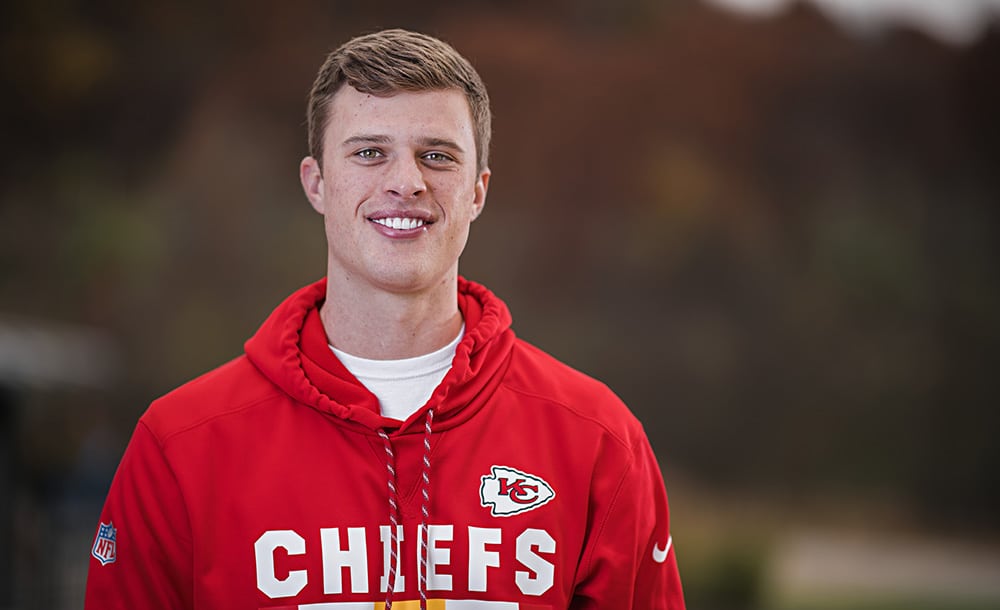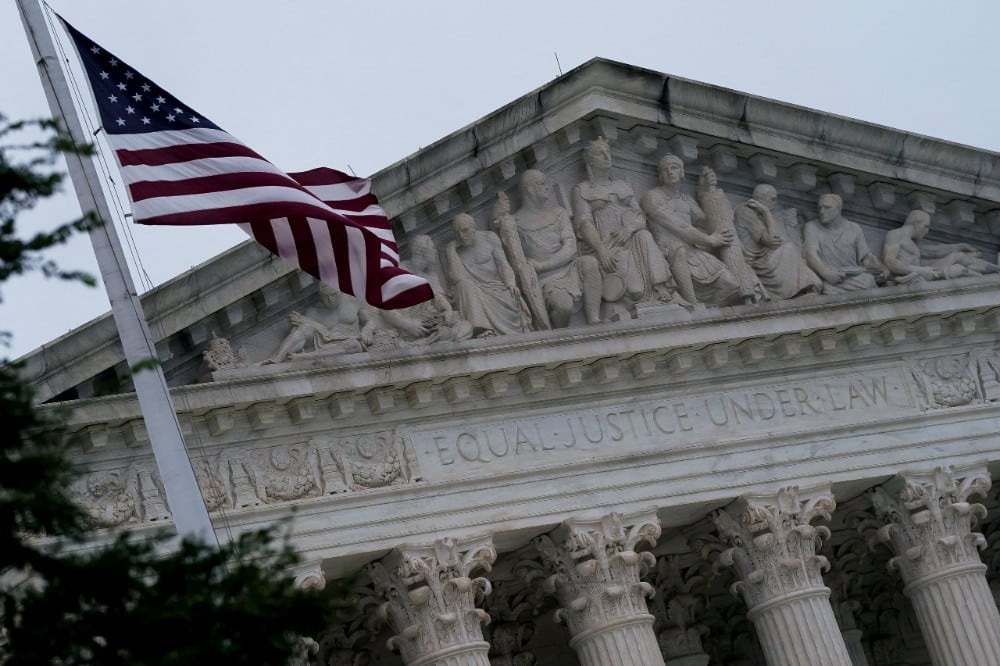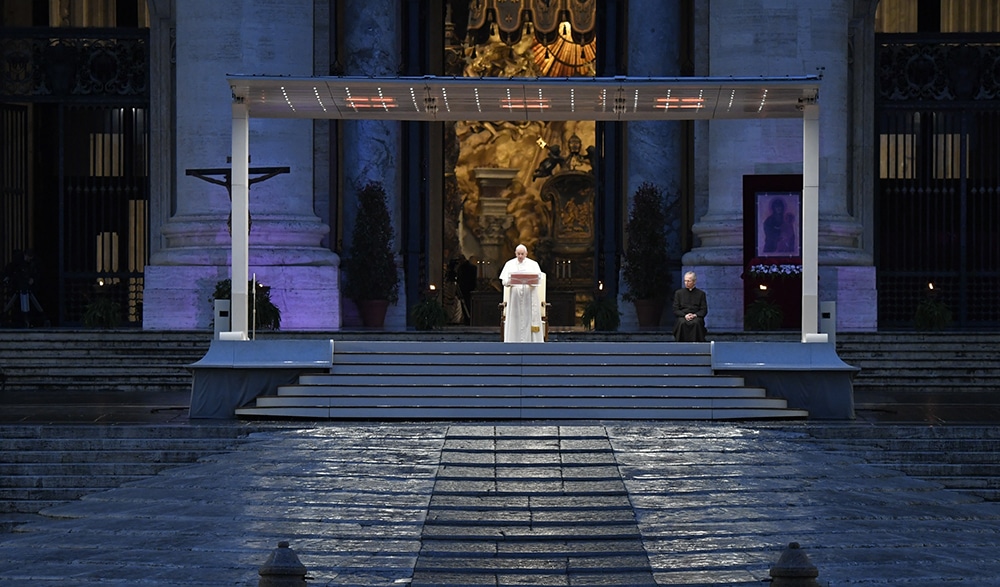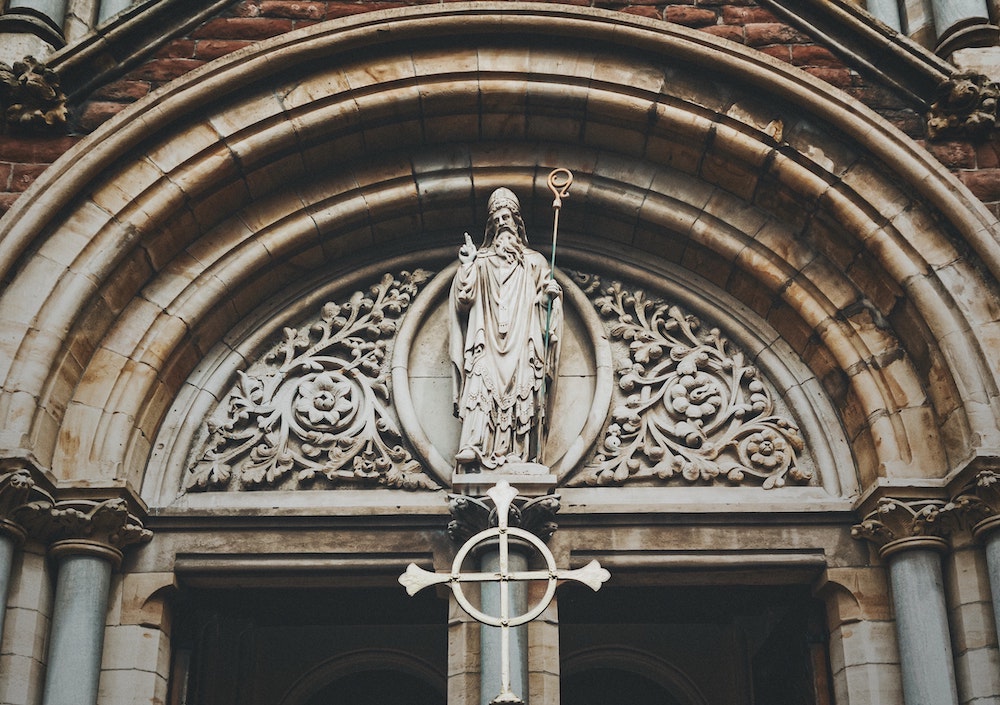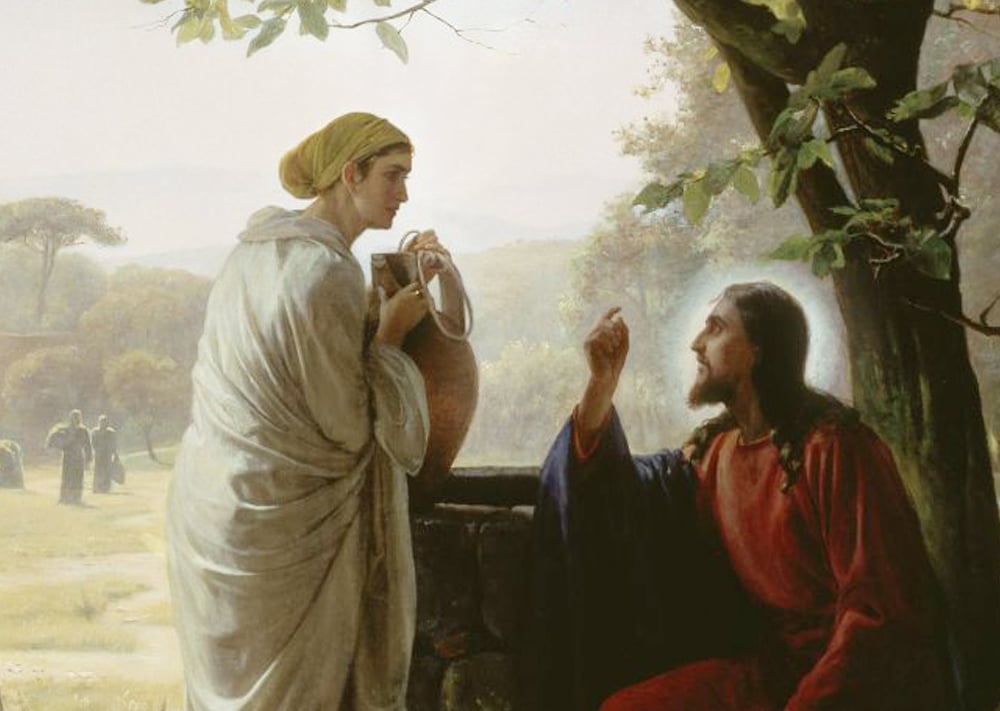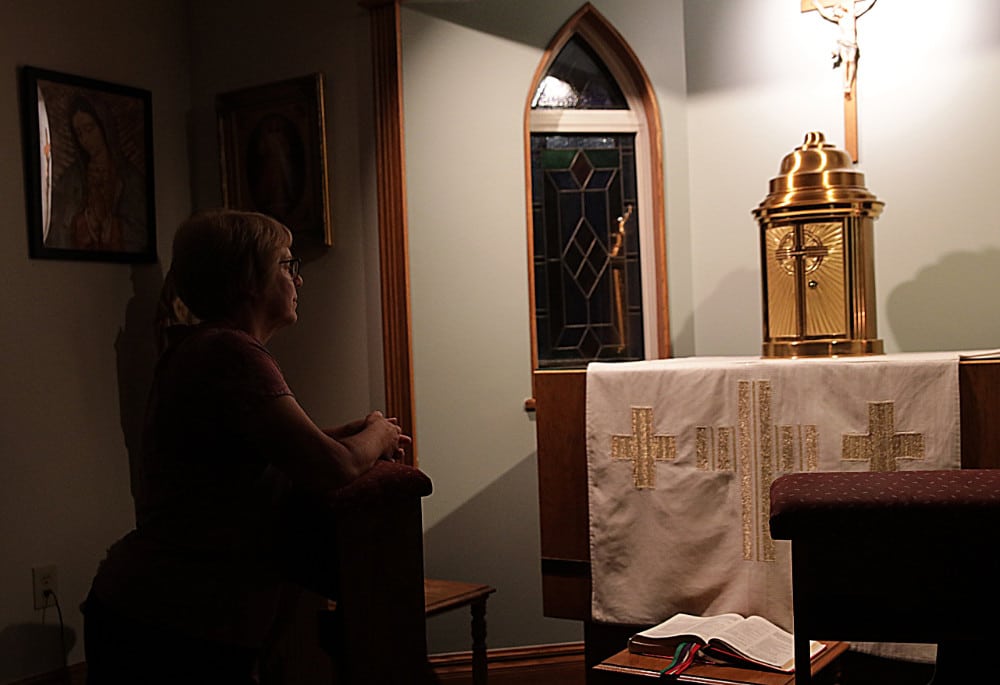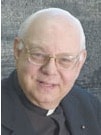 Harrison Butker may not have been named the Most Valuable Player in the Super Bowl back in February, but he certainly was the hero of the day. He kicked the field goal that won the game for the Kansas City Chiefs.
Harrison Butker may not have been named the Most Valuable Player in the Super Bowl back in February, but he certainly was the hero of the day. He kicked the field goal that won the game for the Kansas City Chiefs.
From Decatur, Georgia, on the edge of Atlanta, he is an active, practicing Catholic. He takes his religion very seriously. He even still serves Mass in his parish. He is married, in the Church, and is the father of two children.
He has been a star athlete for several years, and on various occasions, he discussed his attachment to his Catholic religion and, more precisely, to the Tridentine rite.
The Tridentine rite, or ceremonial for the celebration of Mass, came into being in 1570 when Pope St. Pius V, on the recommendation of the Ecumenical Council of Trent, hence the adjective “Tridentine,” mandated its use in the Western Church.
This mandate applied until 1969, when Pope St. Paul VI, on the advice of the Second Vatican Council, established a new ritual.
Most Catholics today are more familiar with the ceremonies set forth by Paul VI in 1969, now the norm across this country, and, indeed, around the world, in what is called the “Western Church.” Several popes, successors of Paul VI, made their modifications and set their requirements, the latest of whom is Pope Francis, who in 2021 restricted the use of the Tridentine rite.
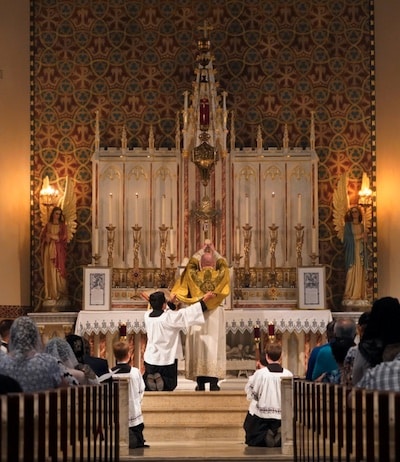
That is the background. This is the point. Many Catholics, although no number is known (but apparently a minority), prefer to worship according to the Tridentine rite. Harrison Butker is not the only young Catholic with this opinion.
Several weeks ago, Our Sunday Visitor reported a study that revealed that many young priests find the Tridentine rite of the Mass more appealing.
The intention of this column is not to revisit history, or ask why Pius V decided as he decided, or what led Paul VI to his decision, or Benedict XVI to his, or Francis to his. In absolutely no way whatsoever is this a challenge to the supreme liturgical authority of any pope. Specifying details for, and supervising, the celebration of Mass anywhere is the right of the Roman pontiff. Period.
It says that for the spiritual good of Catholics, for the effectiveness of the Church’s pastoral ministry, it is time to discover precisely why the old way is appealing, especially to some young Catholics.
Why do fine, devout, smart young Catholics, such as Harrison Butker, take the time to go to a given church, on a given day, at a given time, to attend Mass in the Tridentine rite? An answer might help Catholics better to appreciate the Mass. Bishops and priests might better convince people that the Mass is the center of spiritual life, and the source of grace needed by every soul.
Maybe research is a project for dioceses locally, or the national Church, or Catholic universities, or even for the Holy See, but we need to know.
Harrison Butker discussed another aspect of his life in the Church with reporters. It, too, raises a point. He did not attend a Catholic high school. After high school, he went to Georgia Tech, which is a public school, owned and operated by the state of Georgia. It has no religious affiliation. It is not Notre Dame or Franciscan University in Steubenville, Ohio.
Butker says that at Georgia Tech he connected with the Catholic campus ministry, and with the priest who was the Catholic campus minister, and he found new life in his faith.
His story resembles stories told by other young Catholics in public universities who find spiritual reinforcement at Catholic campus centers. Strengthening these centers should be an organizational priority for the Church in this country.
The future demands it.
Msgr. Owen F. Campion is OSV’s chaplain.

